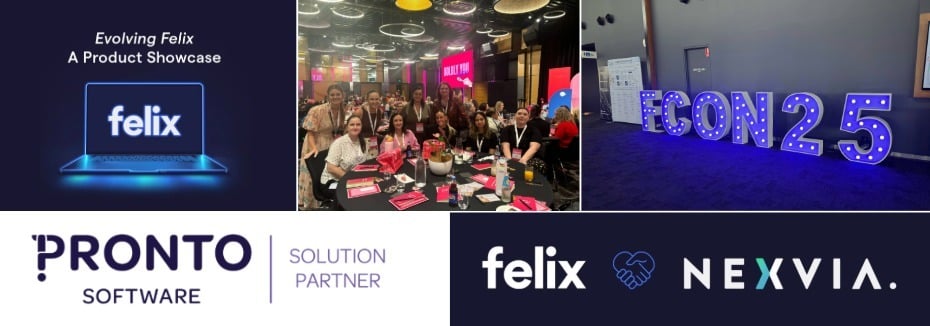Insights from #PASAPremier 2017 that every procurement and supply professional should consider
.png)
The PASA Premier ConfeX in Melbourne was over in a blur. Two days. Countless seminars, pitches, plenary sessions and networking events.
But the real reason to attend is to learn. If you want to unlock value through collaborating with your supply chain, PASA Premier was the place to be. So we've listed some of our key takeaways from the meeting of some of Australia's best procurement minds.
SRM is where CRM was 10 years ago
Over the past decade, customer relationship management (CRM) rapidly gained traction to allow sales teams to manage relationships with new clients and the data and information associated with them. Companies record, analyse, strategise and effectively obsess over sales data.
However, purchasing decisions has an equal impact on profits.
As the outsourcing market continues to grow annually, successful businesses will shift their focus to supplier relationship management (SRM). SRM is based on your approach to working with suppliers, and how to maximize the mutual value of those relationships.
Transitioning from a Master/Servant relationship into a mutually beneficial partnership
The increasing competition in supply chains, especially in the construction industry, means there will soon be a battle for the best suppliers. Suppliers will have more choice than ever in terms of who they can contract with. Why is this important? Because suppliers can be a business' main source of innovation, and are often the conduit to access supply-side value.
In short, the master and servant mentality of procurement will no longer work if you want to work with the best talent in your field. Suppliers want, and will increasingly expect, the dynamic to transition into a mutually beneficial partnership.
So how do you become their "customer of choice"?
It will be based on three factors:
- Value to the supplier
- How well your brands align
- What you're like to work with
In short, collaborative and effective SRM.
Balancing SRM and your resources
Although it would be great to nurture all supplier relationships, resourcing makes this near impossible.
To decide on the amount of time and effort put into each supplier relationship, procurement teams consider the following:
- How critical is the supplier performance or operations?
- How unique is the supplier’s offering?
- What is the transition cost of replacing the supplier?
This knowledge is used to decide on the frequency and importance of SRM activities such as performance reviews or innovation plans.
SRM goes beyond performance management by ensuring that mutually agreed outcomes and improvement strategies build a partnership. This ensures that the mutual value derived from growing the relationship exceeds what is expected in the first contract.
Like all relationships, trust is a big factor.
Now tell us yours
Did you attend the PASA Premier Confex this year? How do you think SRM will change business in the next few years? Maybe you learned it at a procurement conference too, or it's something you've been looking at for a while. Let us know in the comments.
For more ideas about collaborative environments to help you work with your suppliers, get in touch with the Felix team.
Recent Articles
2025 in review: Milestones, insights and achievements
2025 – a year of that brought meaningful developments for Felix as we continue to address the evolving needs of organisations navigating complex supply-chain environments.
Top 10 reasons for a centralised vendor database
As organisations grow, so does the complexity of managing vendor relationships. Many still rely on spreadsheets or siloed systems, which can lead to inefficiencies, data inconsistencies, and compliance risks. A centralised vendor database offers a smarter, more scalable solution that brings structure, visibility, and control to procurement operations.
Here are the top 10 reasons why centralising your vendor data is a strategic move.
Five ways poor contract storage could be costing your organisation money
Contracts are the backbone of every business relationship – legally binding documents that define expectations, responsibilities, and value.
But what if the way your organisation stores those contracts is quietly costing you money?
Let's stay in touch
Get the monthly dose of supply chain, procurement and technology insights with the Felix newsletter.





